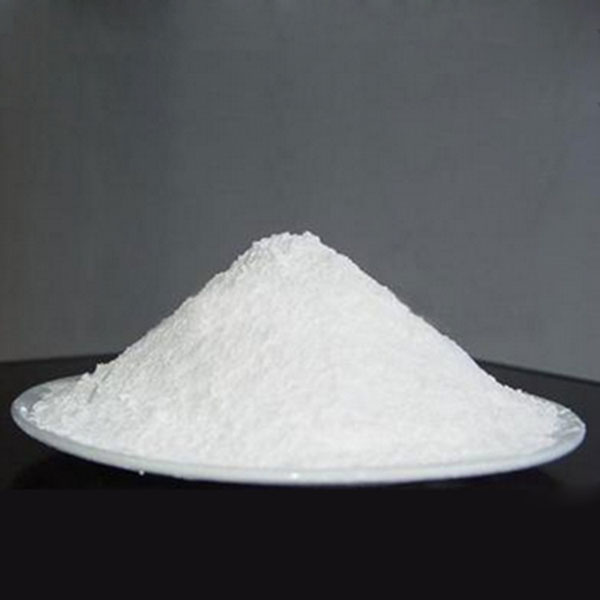Characteristics and applications of hydroxyethyl cellulose
2024-01-11
Hydroxyethyl cellulose (HEC) is a non-ionic, water-soluble polymer derived from cellulose, a natural polymer found in the cell walls of plants. It is widely used in various industries due to its thickening, stabilizing, and water-retention properties. HEC is synthesized by modifying cellulose through etherification with ethylene oxide, resulting in the addition of hydroxyethyl groups to the cellulose backbone. This modification enhances its water-solubility and functional properties. Here are some key characteristics and applications of hydroxyethyl cellulose:
Key Characteristics:
1. Water Solubility:
- HEC is highly soluble in water, forming clear and viscous solutions. This property makes it suitable for various applications where water-based formulations are required.
2. Thickening Agent:
- One of the primary uses of HEC is as a thickening agent in water-based formulations. It imparts viscosity to solutions, making them more stable and easier to handle.
3. Stabilizer:
- HEC acts as a stabilizer in emulsions and suspensions, preventing the separation of different components. This property is beneficial in various industries, including paints and coatings.
4. Film Formation:
- HEC has film-forming properties, making it useful in applications where the creation of a thin, flexible film is desired. This property is beneficial in the production of coatings and adhesives.
5. Water Retention:
- Due to its ability to retain water, HEC is often used in products where moisture control is essential, such as in personal care products like shampoos and lotions.
6. Compatibility:
- HEC is compatible with a wide range of other ingredients, chemicals, and additives commonly used in formulations, enhancing its versatility in various applications.
7. pH Stability:
- HEC maintains its performance across a broad pH range, making it suitable for applications in acidic or alkaline environments.
Applications:
1. Paints and Coatings:
- HEC is used in the formulation of paints and coatings as a thickening agent, stabilizer, and rheology modifier, contributing to improved application properties.
2. Adhesives:
- In adhesive formulations, HEC provides viscosity control and improves adhesion properties.
3. Personal Care Products:
- HEC is commonly found in personal care products such as shampoos, lotions, and creams, where it serves as a thickening agent and stabilizer.
4. Pharmaceuticals:
- In the pharmaceutical industry, HEC is used in various formulations, including oral suspensions and topical applications, for its thickening and stabilizing properties.
5. Construction Materials:
- HEC is used in the production of construction materials, including mortar and tile adhesives, where it acts as a thickener and water-retention agent.
6. Food Industry:
- In the food industry, HEC may be used as a thickener and stabilizer in certain food products.
7. Textile Industry:
- HEC is employed in the textile industry for its thickening properties in printing pastes and dye formulations.
It's important to note that the specific grade and molecular weight of HEC can influence its performance in different applications. Manufacturers typically provide technical specifications and guidelines for the proper use of HEC in specific formulations.



